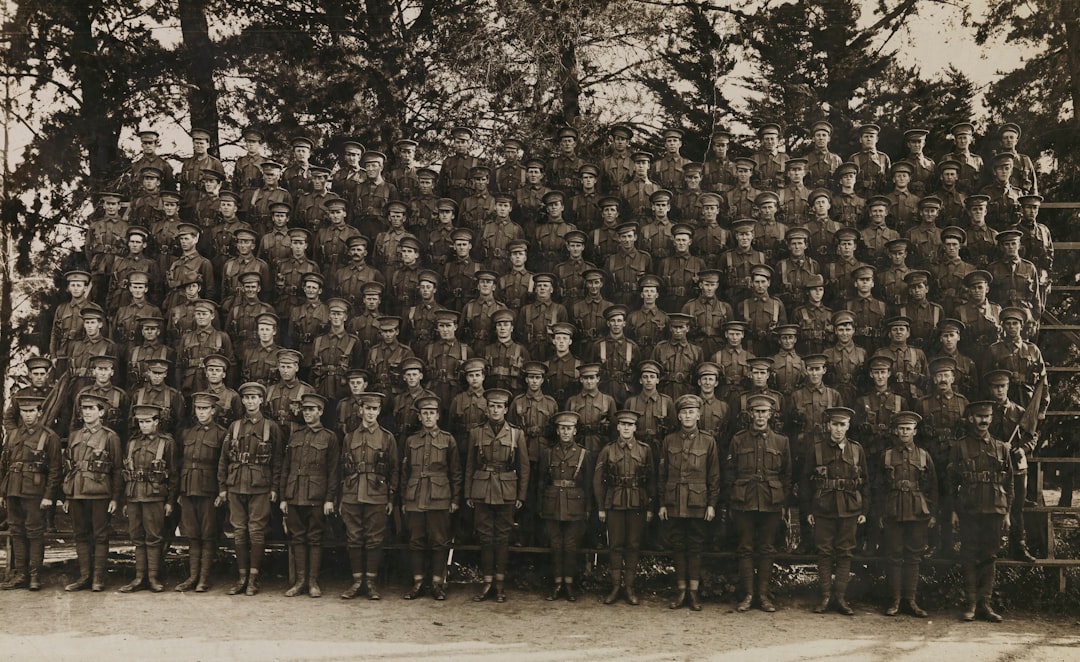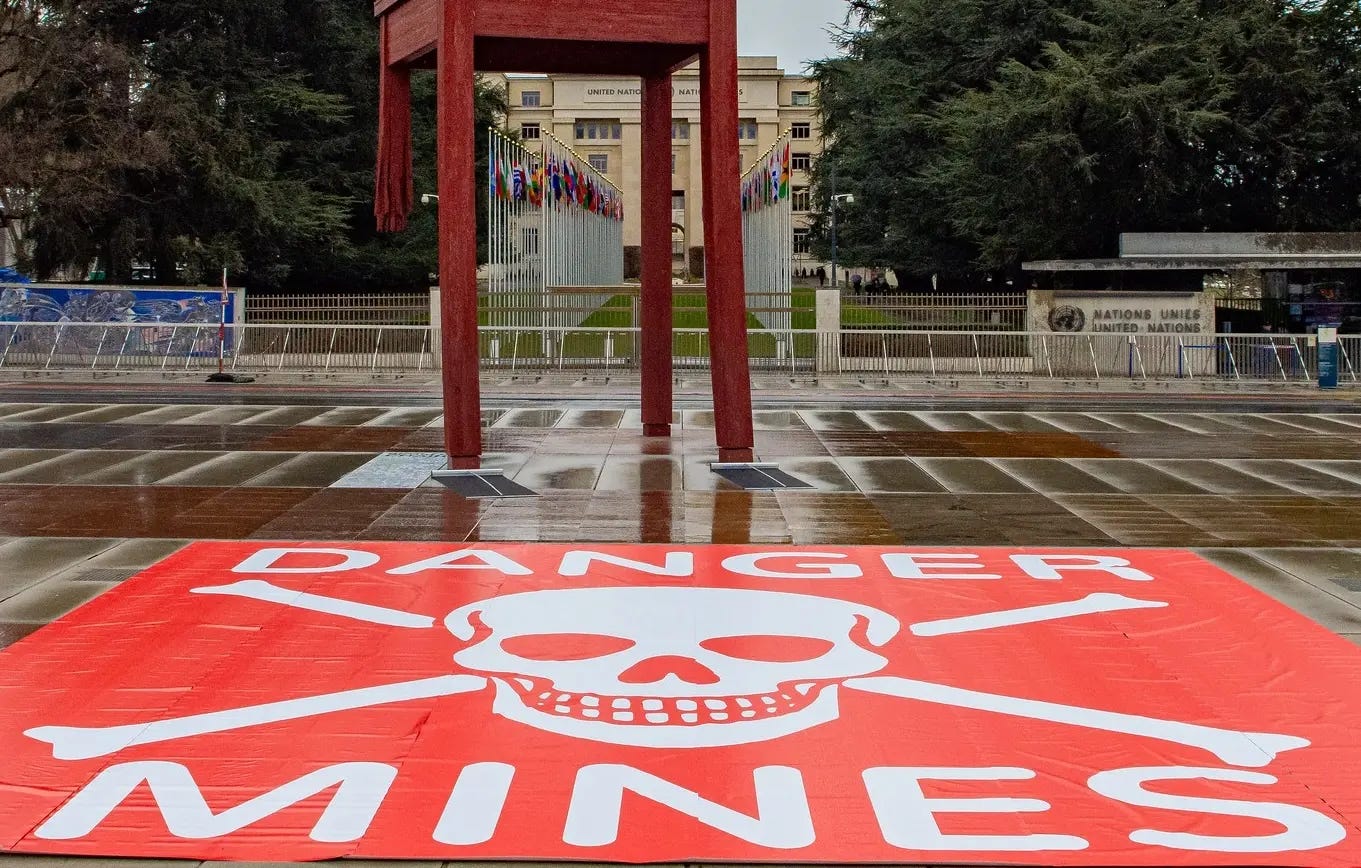Are Canada’s young people rejecting war and the military?
Armies can't adapt to a generation ready to question authority
Some commentators are raising the alarm that Canada’s military can’t seem to hire enough soldiers, leaving a big gap in Canada’s ability to send troops to Eastern Europe and elsewhere around the world.
But what’s the reason? Is it plentiful jobs that are available to young people, or are they rejecting war and the military?
Columnist Scott Taylor says that the shortage of personnel stands at a “crippling” 16 percent because the senior military leadership is “failing miserably” at recruiting young people to join. With billions in new fighter jets and warships on order, will there be anybody to use them?
With billions in new fighter jets and warships on order, will there be anybody to use them?
But the problem is not isolated to Canada.
Defense News reports that recruitment difficulties are bedeviling militaries across Europe as they seek to build up their strengths in the face of Russian aggression, an assertive China, and a deteriorating security situation in parts of Africa and the Middle East. Some countries are axing planned warships due to the shortage of sailors.
The authors suggest two factors are dragging recruitment downward: tight labour markets and a generation that is reluctant to enlist.
When the economy is strong and producing higher-paying jobs, as it is now, the prospect of joining the military is not very attractive to young people.
But deeper cultural shifts are also driving young people away.
The post-millennial factor
The recruitment shortage is even worse in the United States than in Canada, and recent media articles have suggested that post-millennia’s, or people born after the 9/11 terrorist attacks on the World Trade Center, are generally more distrustful of government in a politically polarized nation.
In Canada, tolerance for sexual abuse and harassment in Canada’s Armed Forces may be a factor in lower recruitment north of the border, according to Morgan Fox, an Undergraduate Researcher at the Centre for International and Defence Policy (CIDP) at Queen’s University.
In a fascinating paper, she says that post-millennials differ in significant ways from preceding generations, and will challenge the assumptions and structures embedded by current military leaders.
Resistance to authoritarian structures: Post-millennials’ life-long use of online platforms means that they are particularly skilled at collaborative group work, thus resisting traditional ‘top-down’ hierarchies that are present in the armed forces.
Comfort with sharing opinions: Because of their familiarity with multiple social media sites that allow the use of personas, post-millennials have a strong sense of the best and worst of humanity, including the ‘dark side’ of the internet, such as cyberbullying, trolling, and misinformation. “Compared to other generations, post-millennials are better at confronting these issues,” Fox writes.
A “moral compass” for fairness and authenticity: Post-millennials are more likely to demand their superiors articulate the moral principles behind decision-making processes, and accommodate differing worldviews, varied opinions, cultural perspectives, and lived experiences.
Intolerance of sexual harassment: “The lack of diversity and inclusion across the Canadian Armed Forces, along with the continuing incidences of sexual harassment and assault,” writes Fox, “are both strong deterrents for young people, especially young women.”
Wokeism, or peaceism?
The challenges facing the military in connecting with the next generation are well-known, and there have been efforts to address racism, sexism, and intolerance in the armed forces. But this has earned accusations of “wokeism” by conservatives.
Complaining about anti-racism education in the military, National Post columnist Jamie Sarkonakthe wrote, “The men and women serving in the military shouldn’t have to undergo social justice conditioning.”
A new generation of anti-war activists?
But Morgan Fox says that this generation was raised on U.S. expansionism in Iraq and Afghanistan.
“Generally, post-millennials are more likely than older generations to view the Canadian military as an institution that is rooted in nationalism and colonial legacies, concepts which a significant number of young people are less comfortable with,” she writes.
Despite this astute analysis, she still feels that the Canadian Armed Forces can pivot to meet post-millennials where they are.

Nevertheless, as images of war in Iraq and Afghanistan are replaced by wholesale slaughter in Gaza, tens – perhaps hundreds of thousands – of young people are gaining their first political experiences in the streets participating in pro-Palestinian ceasefire demonstrations.
We might hope that the same way opposition to the war in Iraq galvanized a generation twenty years ago, so might today’s ceasefire protests lay the groundwork for the next generation of peace activists.
Landmine Treaty turns 25
“Today marks the 25th anniversary of the Mine Ban Treaty's entry into force, a monumental milestone in global efforts to end the use of antipersonnel landmines, inherently indiscriminate weapons that have a devastating impact on communities worldwide,” former Mines Action Canada Executive Director Paul Hannon shared on LinkedIn yesterday, March 1.
Reflecting on the past 25 years, Tamar Gabelnick, Director of the International Campaign to Ban Landmines - Cluster Munition Coalition (ICBL-CMC) said: “With tens of millions of stockpiled mines destroyed and near universal respect for the ban on use, the future risk to communities has also been curtailed.”
But a lot of work remains, especially in war-torn Ukraine. The group notes massive new contamination by Russia and reports of use by Ukraine, which has joined the treaty. Recent news reports also indicate that other European States Parties to the treaty fearing a threat from Russia are rethinking their commitment to the treaty despite their legal and moral obligations to the ban.







it is a good sign that the armed forces can not recruit "enough " new members. I have not really seen a white paper describing the mandate and the limits of operation for the Canadian army- Of all the conflicts Canadians have been drawn into to demonstrate loyalty to NATO many were not sanctioned or even illegal and I can not think of a single one that resulted in resolving a conflict- Interestingly the mandate of NATO does not oblige all Nato members to get involved ,in the case of one having triggered the conflict ( for example if a European Nation - say France or Poland went into the Ukraine -the US or Canada would not be obiged to join the war)